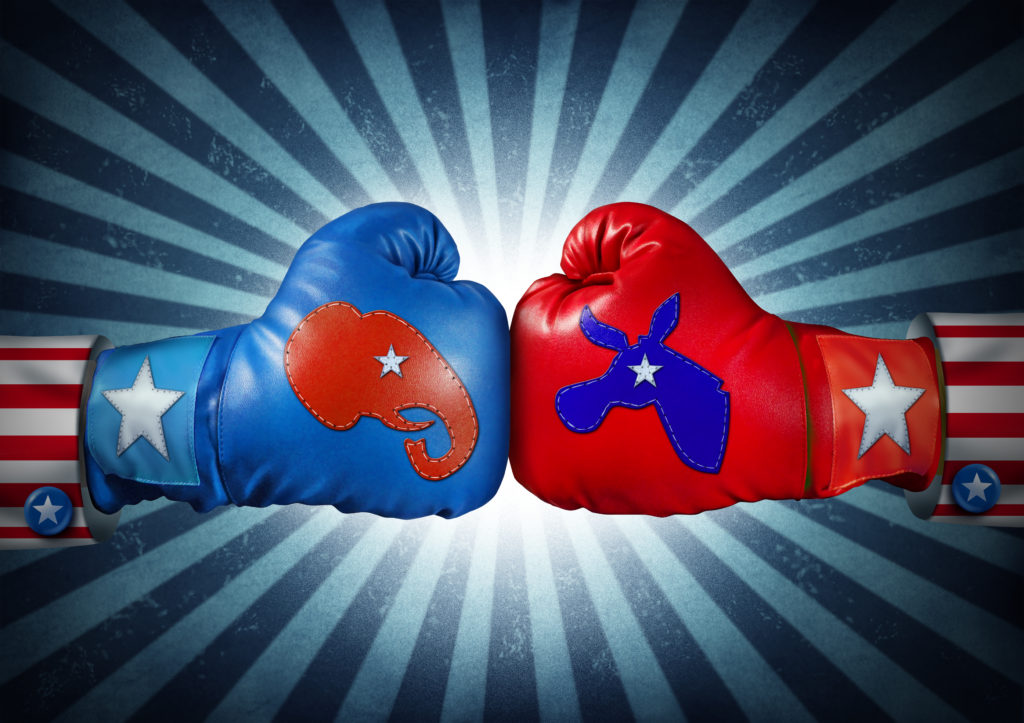[custom_frame_center shadow=”on”] [/custom_frame_center]
[/custom_frame_center]
In this political season, we have been shown that winning versus losing is sometimes the main objective. A counter-intuitive thought, perhaps, is that someone who is elected by the people may be interested in actually working for the people more than working mostly for him/herself. Elections always have emphasis on trust and character. In the spirit of competition, let’s talk about what happens when the ballot box doesn’t go your way.
Human nature makes accepting loss very difficult. Putting emotion aside and moving forward can seem as elusive as finding a self-effacing political candidate. Facing and dealing with loss gracefully is very dependent on to whom you lose. If an athlete loses a regular-season game to his rival team, he can probably shake it off in the next few days. Not so much if it’s the state championship game, Super Bowl or the Olympics.
In Corinda Lubin-Katz’s “4 Things You Should Learn About The Art Of Losing Gracefully,” she writes about keeping a healthy perspective on loss: “To the best of your ability, accept disappointment, for it is inevitable, and keep it confined to its territory — do not let it spill over into areas it doesn’t belong or you will find yourself wallowing when you could be focusing on something positive.”
The scope of the stage also makes a difference. If you lose a high school election, that’s one thing. You might feel like your name is mud for a little while, but the student council is not the be-all-end-all of your life. If you lose the United States’ national election, you face a much, much larger audience to whom you must either:
Take back what you’ve said
Apologize to mend fences
Show some humility and support the winner
Beyond a huge national stage, how you handle loss in any work scenario can destroy or salvage your career and reputation. But accepting loss is not just in work or play situations. Most importantly it can make or break personal relationships. Not accepting a loss can affect your home life, often allowing your emotions to spill over into the most important areas of your life. Interpersonally, you can qualify most arguments as “small skirmishes,” but if you make a few arguments into a lot of arguments or make the few arguments into all-out battles, relationships suffer. The aforementioned suggestions to handle loss on a public stage also apply to handling personal relationships. It is harder to put emotion aside when you are dealing with a loved one. If you see that person every day and you continue to stew over a loss (or perceived loss), moving forward can seem insurmountable.
Melissa Hardin Baysinger


